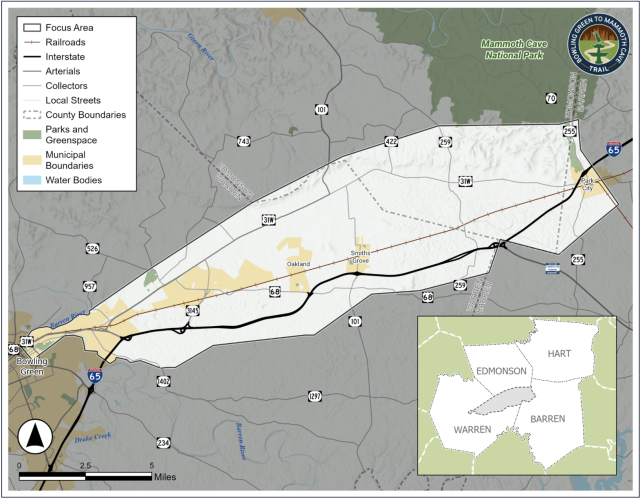Rolling back refugee admissions hurts national security, International Center director says
Published 6:00 pm Saturday, September 14, 2019
For Albert Mbanfu, the leader of a Bowling-Green based refugee resettlement center, it’s been a surprisingly good year.
Despite efforts by the Trump administration to scale back the nation’s refugee resettlement program, Mbanfu announced in June to the International Center’s community partners his hope that it would resettle 400 refugees by the end of the fiscal year Sept. 30. At the time, he anticipated resettling 329 refugees by the end of June.
But uncertainty around refugee resettlement has dogged Mbanfu, and other agency directors, in recent years.
“What people fail to understand is for the past three years refugee resettlement has been ad hoc. Decisions at times are made very late, which affects planning,” Mbanfu said.
As the center prepares for the start of a new fiscal year Oct. 1, it does so in the dark.
“Right now, we don’t know because there is no information,” Mbanfu said, adding that, under previous administrations, the center would know by now how many refugees it would realistically be allowed to resettle.
“Now you go with the flow,” he said.
Recent reporting from The New York Times has given rise to fresh anxieties for Mbanfu.
The newspaper reported Sept. 6 that the Trump administration is weighing several options that would spell the end of the United States as a world leader in refugee resettlement. One proposal would slash admissions by half or more of the current ceiling of 30,000, down to 10,000 or 15,000. Another proposal would end them entirely.
If the nation’s 40-year-old refugee resettlement program is curtailed to such an extent, Mbanfu said it would have serious effects for the center and Bowling Green as a whole.
Regardless of what the decision ends up being, Mbanfu said the center would remain, albeit with fewer staff and scaled-back services.
“It will certainly separate families,” he said, contending that the current admissions cap doesn’t go nearly far enough in preventing that.
Last year, the world had 25 million refugees. This year, it’s jumped to 30 million, Mbanfu said. Further admissions cuts would mean thousands more refugees would remain in camps and be unable to reunite with loved ones in the U.S.
What’s more, the community would lose a piece of its unique identity, Mbanfu said.
“We will just be hurting the very wonderful people in this community who have opened up their hearts and minds and their time to welcome these very desperate and homeless people,” he said.
He argued the nation as a whole would lose its status leading the vanguard of refugee resettlement worldwide. If the United States takes in fewer refugees, Mbanfu said, other nations will wash their hands as well.
“We have been so blessed as a nation and for us to keep on being blessed we have to bless others. And refugee resettlement is one of the ways in which we bless others because we are bringing people from harm to home. We are bringing people who are hopeless to hope.”
Additionally, scaling back the program could have consequences for Americans’ security abroad. Earlier this month, several retired officers from the U.S. military wrote to President Trump, urging him to reconsider further cuts.
“U.S. military, diplomatic, and intelligence operations abroad rely on the support of thousands of interpreters, translators, advisors, engineers and others to fulfill their objectives. When their lives and those of their families are threatened because of this support, the U.S. refugee resettlement program provides a critical lifeline,” the military leaders wrote.
Without that support, Mbanfu said, “You’ll be working in the dark.”






